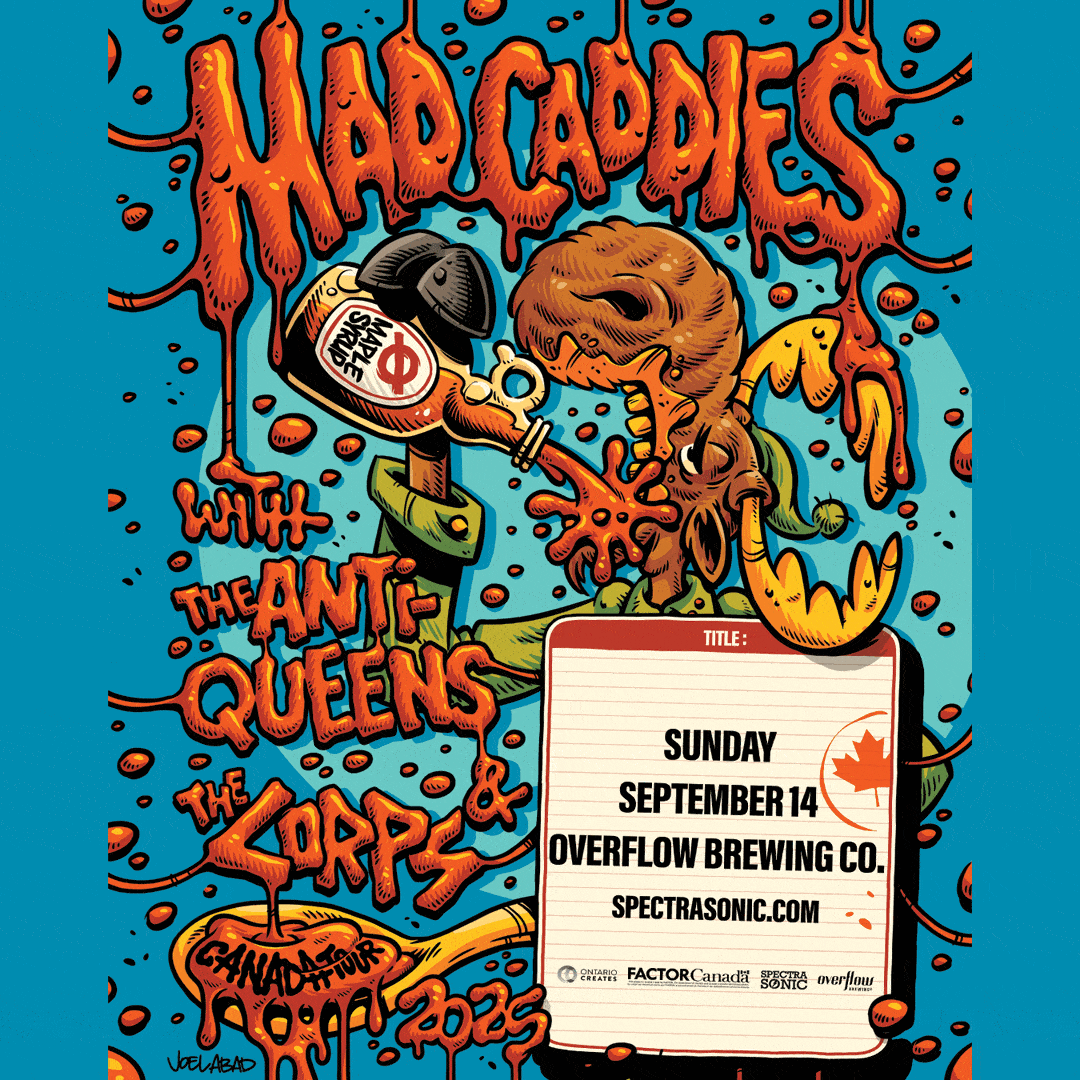We are giving away a pair of tickets for the evening performance of Enron on March 1 at the National Arts Centre. To enter email apartment613@gmail.com by noon Tuesday, February 25, with the subject line “Enron Ticket Giveaway Contest”. The winner will be notified on Tuesday afternoon.
2 hours 40 minutes (including one intermission) | Drama | PG
To be clear: there are definitely things I like about this production. I’ll start with Dmitry Chepovetsky. As the brainy, arrogant, manipulative Jeffrey Skilling, Chepovetsky does a fine job of playing a villain. He projects the hubris to be a CEO. He believes he’s the smartest person in the room, and all he has to do is surround himself with more smart people in order to succeed.
Joey Tremblay I find believable as Enron’s President, Ken Lay. He comes across as a man who started out by getting his hands dirty. He understands things he can hold in his hands, motivating people, and the need to choose the right people to do the job. But his previous success in brokering the merger that created Enron blinds him to the possibility of failure when he gets out of his depth.
At first, Eric Davis’s Andy Fastow comes across as a mediocre brown-nosing bean counter who isn’t good with people and lacks Skilling’s intelligence. But it is Fastow who comes up with the complex structure of interlinked companies that hide Enron’s debt and therefore keeps the share price high. His explanation of the whole financial scheme wins over Skilling and raises Skilling’s and the audience’s opinion of Fastow’s intellect.
But the author, Lucy Prebble, has given these gentlemen most of the good lines, leaving sparse pickings for the rest of the cast. Petrina Bromley, who plays the passed-over CEO candidate Claudia Roe, is given short shrift to develop her character.
Similarly, I quite like Quancetia Hamilton as feisty Enron employee Irene Gant, and Sheldon Elter as a company security officer. But both roles are undeveloped.
Costuming the members of the Enron board of directors (Bromley, Christine Brubaker and Eliza-Jane Scott) as three blind mice is a fun, economical and effective sight gag about the lack of corporate governance and oversight at Enron.
Likewise, a Siamese-twin suit for the Lehman brothers (Elter and Tremblay) tickled the audience’s funny bones.
Finally, the nested boxes routine by which Fastow explains his complex scheme of interlinked companies to Skilling helps the audience understand how they skirted the law. It’s also visually appealing, with its analogy to Russian nested dolls.
Survivors of companies involved in the tech bubble will recognize some of the corporate practices that were so toxic (but were made to seem reasonable at the time). Did you work for a company that tried to shrink to greatness by firing the 10% lowest performers without replacing them?
That said, political theatre must still be art. Must still be theatre. This isn’t a lecture hall. It isn’t enough just to stick it to the Man.
Some villains fascinate us even as they make our skin crawl. Shakespeare’s Richard III is as smart as he is evil. We can’t keep our eyes off him, even as he commits the most heinous acts. Prebble’s Skilling bludgeons us with his intelligence, but why should we care?
Art can present complex information in entertaining and engaging ways. Shakespeare’s historical plays have complex sets of characters and interweaving plots and subplots. There’s nothing boring about Henry V. The legal machinations in Dickens’ Bleak House match the complexity of Enron’s finances. But we care about the characters of Bleak House. Enron presents all the complexity of the financial structure, but we look on at a distance, without an attachment to or an investment in the characters.
Bertolt Brecht and Kurt Weill made political theatre that engaged the audience with hummable tunes, like Alabama Song in Rise and Fall of the City of Mahagonny and Mack the Knife in Threepenny Opera. I can’t imagine the likes of The Doors or Bobby Darin popularizing any of the songs from Enron. (There is one Pink Floyd song at the end, but it’s not actually part of the action.)
Note to parents: There is a simulated sex scene early in the show, so parents should consider carefully whether they want to bring young people in their late teens.
While it’s certainly important that people understand how economic bubbles are created and why they burst, this Coles Notes version of the Enron tale has trouble keeping the audience after intermission. Frankly, John Kenneth Galbraith’s Money is a more entertaining introduction to economic bubbles.
Enron by the NAC English Theatre is playing at the NAC Studio until March 1. Tickets start at $50 + HST.







.gif)



